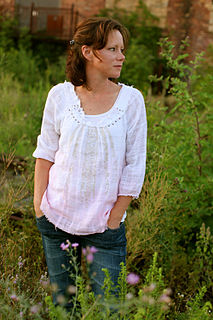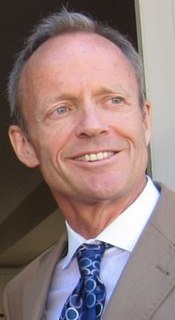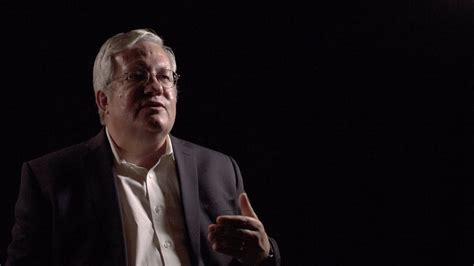A Quote by Martin Luther King III
As human beings, we are God's highest creation.
Quote Topics
Related Quotes
When we unravel the theological tomes of the ages, the makeup of God becomes quite clear. God is a human being without human limitations who is read into the heavens. We disguised this process by suggesting that the reason God was so much like a human being was that the human beings were in fact created in God's image. However, we now recognize that if was the other way around. The God of theism came into being as a human creation. As such, this God, too, was mortal and is now dying.
God loves human beings. God loves the world. Not an ideal human, but human beings as they are; not an ideal world, but the real world. What we find repulsive in their opposition to God, what we shrink back from with pain and hostility, namely, real human beings, the real world, this is for God the ground of unfathomable love.
And people who believe in God think God has put human beings on earth because they think human beings are the best animal, but human beings are just an animal and they will evolve into another animal, and that animal will be cleverer and it will put human beings into a zoo, like we put chimpanzees and gorillas into a zoo. Or human beings will all catch a disease and die out or they will make too much pollution and kill themselves, and then there will only be insects in the world and they will be the best animal.
God has made us humans in God's own image. So therefore the highest way to talk about God is by some kind of analogy with ourselves. So, naturally, if we who are finite and sinful suffer in multiple ways because of sin and evil and the horrible things that happen in our world, how much more does God, who is infinite, sinless, and knows the totality of all that happens to everybody, suffer pain and heartache at the suffering of his human and non-human creation - and be angry at all that causes it?
When we read about Creation in Genesis, we run the risk of imagining God was a magician, with a magic wand able to do everything. But that is not so. God is not a demiurge [demigod] or a magician, but the Creator who gives being to all entities. Evolution in nature is not opposed to the notion of Creation, because evolution presupposes the creation of beings that evolve.
Because creation was made in the image of a God who is equally one and many, the human race will finally be reunited and our racial and cultural diversity will remain intact in the renewed world. The human race finally lives together in peace and interdependence. Glory to God in the highest goes with peace on earth.






































